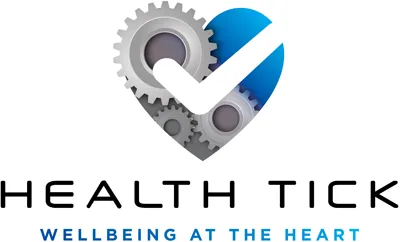By Glenn Dobson, CEO, The Drug Detection Agency Group
Across New Zealand and Australia, the use of drugs is rising. This growing social trend inevitably spills into the workplace, bringing with it the heightened risk of impairment and, potentially, tragedy. Every employer has a duty to ensure their people return home safely, yet some organisations are unwittingly undermining that goal by attempting to handle drug and alcohol testing themselves.
The idea of in-house or “DIY” testing may sound appealing at first. After all, the kits are readily available and the logic seems simple: why not train a staff member and keep everything internal? But this shortcut is deceptive and dangerous. Drug and alcohol testing is a complex, specialist process that requires not just technical skill, but an unwavering commitment to independence, privacy, and procedural integrity.
When an employer asks one employee to test another, especially someone they know or manage, the situation becomes fraught with risk. It invites claims of bias, breaches privacy, and almost certainly breaches the strict procedural standards designed to protect both the employee and the employer. The Australian/New Zealand Standards – AS/NZS 4308 for urine and AS/NZS 4760 for oral fluid, exist for a reason. They require verified testing devices, controlled storage conditions, and a secure chain of custody from collection through to laboratory confirmation. These aren’t mere technicalities; they are the safeguards that make testing credible, lawful, and fair.
The importance of these safeguards was underlined in the Merrin Moore v Specialist Diagnostic Services Pty Ltd t/a Dorevitch Pathology (2016 FWC 5910) decision by the Australian Fair Work Commission. In that case, an employee was directed to undergo a urine drug test conducted by her own supervisor, a clear breach of both company policy and the Standards’ chain-of-custody requirements. Although the employer had legitimate grounds to request the test, the Commission ruled that it was not best practice to have a person tested by someone they work with or report to. The failure to ensure independence and to follow the proper process led the Commission to find the employee’s dismissal unfair.
The Dorevitch case highlights a fundamental truth: when independence and compliance are compromised, so is the integrity of the entire process. What may seem like a minor procedural misstep can unravel a disciplinary action, invalidate results, and leave a company exposed to unfair dismissal claims, costly legal battles, or regulatory penalties. Worse still, if an impaired worker causes harm, the directors themselves may face prosecution under health and safety legislation for failing to manage the risk appropriately.
Beyond the legal consequences lies the human cost. A poorly conducted test doesn’t just threaten paperwork or profit, it threatens people. Cutting corners to save a few dollars on professional testing could cost someone their life or livelihood.
The responsible path is clear: engage an independent, accredited testing provider. Doing so ensures impartiality, compliance with the relevant Standards, and confidence that every test result will withstand scrutiny. Accredited providers maintain secure chain-of-custody processes, use verified equipment, protect privacy, and deliver results that can be relied upon, protecting both workers and employers alike.
At the end of the day, workplace drug and alcohol testing isn’t just about compliance. It’s about safeguarding the people who make our businesses possible. When we get it right, we’re not only protecting our staff, we’re protecting the girl on the bike, the colleague beside us, and every person who deserves to make it home safely. Click here for more information.

